Iran
Iranians went to the polls on Friday to vote, for the first time since last year’s nuclear deal, in elections that could determine whether the Islamic Republic will continue to emerge from diplomatic and economic isolation after years of sanctions.
The contest will pit supporters of pragmatist President Hassan Rouhani, who championed the nuclear deal and is likely to seek a second presidential term next year, against conservatives deeply opposed to the relaxation of strained relations with Western powers.
Both sides have called for a strong turnout. Most reformist candidates have been barred by a hardline clerical vetting body, along with many moderates, but their supporters have called on voters to back Rouhani’s allies and keep the conservatives out.
At stake is control of the 290-seat parliament and the 88-member Assembly of Experts, a body that chooses the Islamic Republic’s most powerful figure, the Supreme Leader.
During its eight year term it could name the successor to Ayatollah Ali Khamenei, who is 76 and has been in power since 1989.
Both bodies are currently in the hands of hardliners.
Results are hard to predict, with conservatives traditionally doing well in rural areas and young urbanites favouring more reformist candidates. In Tehran’s grand bazaar, opinion among the influential merchant class was mixed.
Mistrust of the West runs deep, and hardliners have sought to undermine Rouhani’s allies by accusing them of links to Western powers.
If the Assembly of Experts is called upon to choose a successor to Khamenei, its decision could set the Islamic Republic’s course for years or even decades to come.
A more supportive parliament would allow Rouhani to continue his economic reforms at home and diplomatic engagement abroad, and perhaps begin to chip away at social restrictions that irk a large segment of Iran’s young, educated population.
Whatever the outcome, Iran’s political system places significant power in the hands of the conservative establishment including the Guardian Council, the Islamic judiciary, and the Supreme Leader.




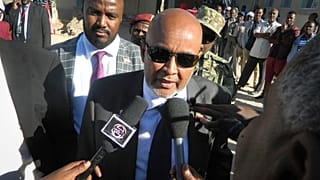
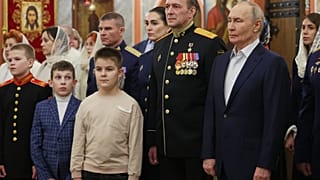
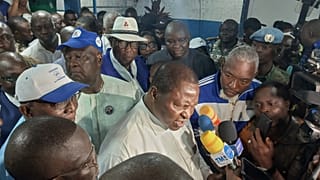
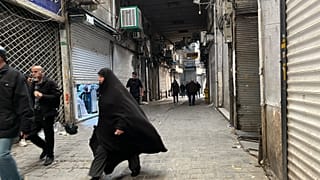
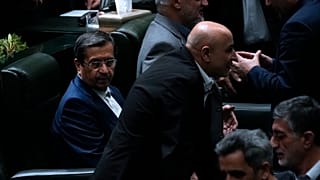
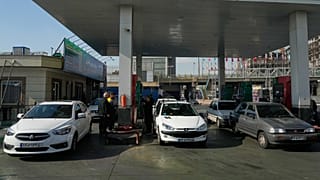
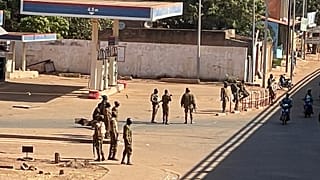
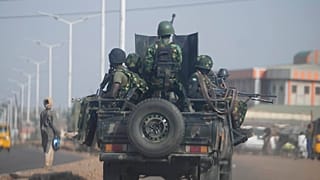
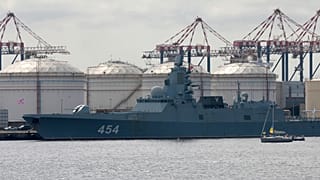
Go to video
South Africa to host first China-led BRICS joint navy exercises
00:52
Ugandan-born Zohran Mamdani is sworn in as mayor of New York City
02:16
Somalis vote in the first one-person, one-vote election in decades
01:14
CAR deploys armed forces and MINUSCA to secure elections
01:04
Ethiopia to hold general election on 1 June 2026
00:55
Guinea-Bissau: Presidential candidate seeks asylum in Nigerian embassy